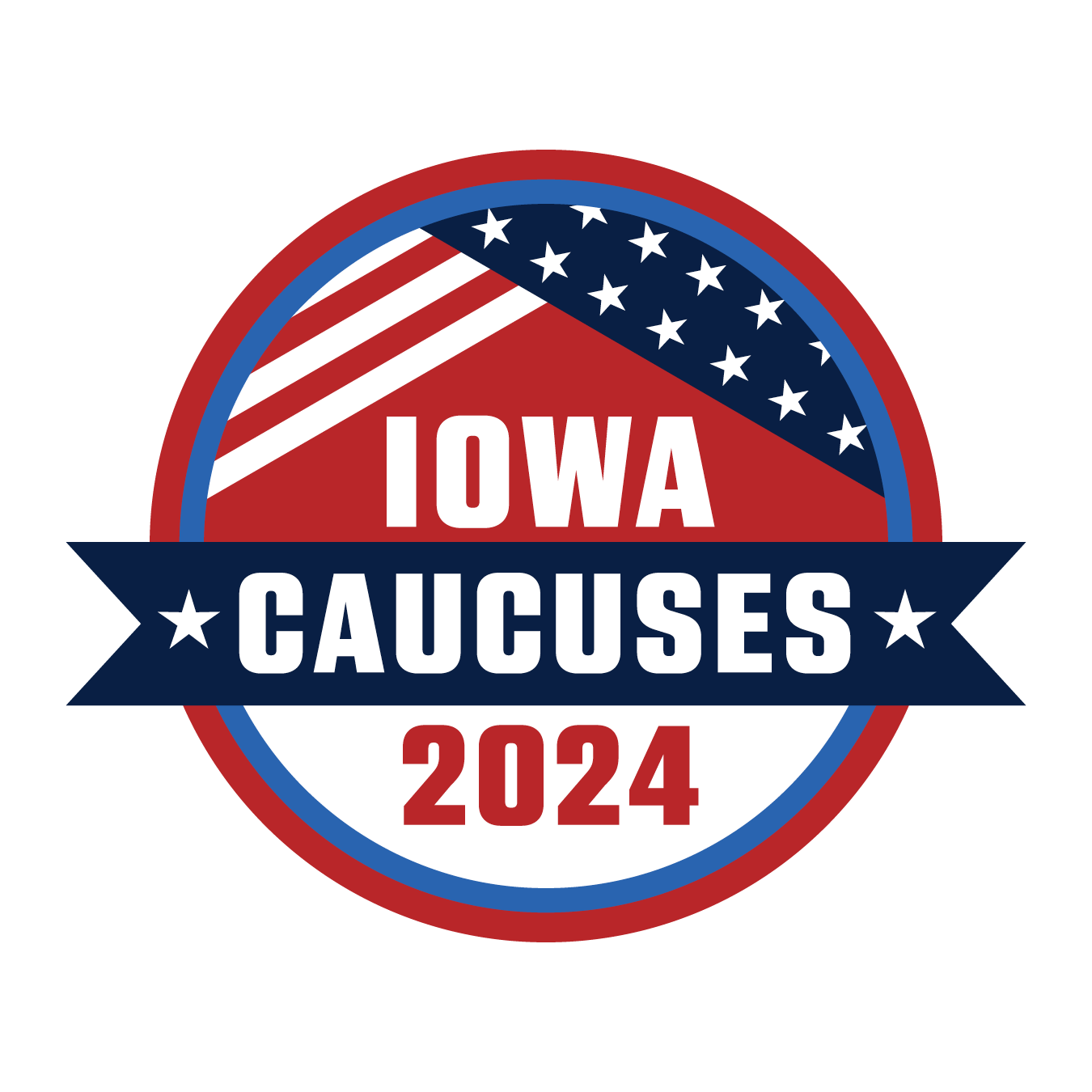In the intricate landscape of political systems, the caucus emerges as a distinctive and influential mechanism, wielding significant influence in shaping the course of democratic processes. Defined as a meeting of members within a political party or movement, the caucus plays a multifaceted role in the United States and other democratic nations, fostering collaboration, decision-making, and party unity.
The origins of the term “caucus” can be traced back to early American political practices, where it initially referred to closed-door meetings among party members. Over time, the concept has evolved, encompassing a spectrum of formats and functions across different levels of government. From local party caucuses to the highly publicized Iowa caucuses, these gatherings serve as integral components of the political landscape.
At its core, a caucus serves as a forum for party members to discuss and deliberate on policy matters, candidate selection, and overarching party objectives. These meetings are not exclusive to high-ranking officials; they are inclusive, allowing grassroots members to voice their opinions and contribute to the party’s decision-making process. This inclusivity distinguishes the caucus system from more centralized political structures.
One notable manifestation of the caucus system is the Iowa caucuses, which traditionally kickstart the U.S. presidential nominating process. Held every four years, these caucuses garner significant attention as voters gather in precincts across the state to express their candidate preferences. The Iowa caucuses, while criticized for their complexity and potential to favor more extreme candidates, play a pivotal role in setting the tone for the broader presidential primaries.

Beyond the presidential race, caucuses function at various levels of government, influencing candidate selection for local, state, and national offices. Their impact extends beyond electoral politics, as caucuses provide a platform for the formulation of party platforms, the discussion of legislative priorities, and the cultivation of party unity.
However, the caucus system is not without its challenges. Critics argue that the closed nature of caucus meetings may limit participation, excluding individuals who cannot attend due to work, health, or other constraints. Additionally, the intricate procedures involved in caucusing can be perceived as barriers to entry, potentially deterring broader civic engagement.
As democracy continues to evolve, so does the role of the caucus in shaping political landscapes. The concept adapts to the changing needs of societies, providing a platform for civic participation, political discourse, and the vibrant exchange of ideas. Whether celebrated for its grassroots inclusivity or scrutinized for its potential limitations, the caucus remains a dynamic force in the intricate dance of democracy, reflecting the diverse tapestry of voices within a political party and, by extension, the nation itself.
If you enjoyed this read, check out our other posts.














What do you think?
Show comments / Leave a comment